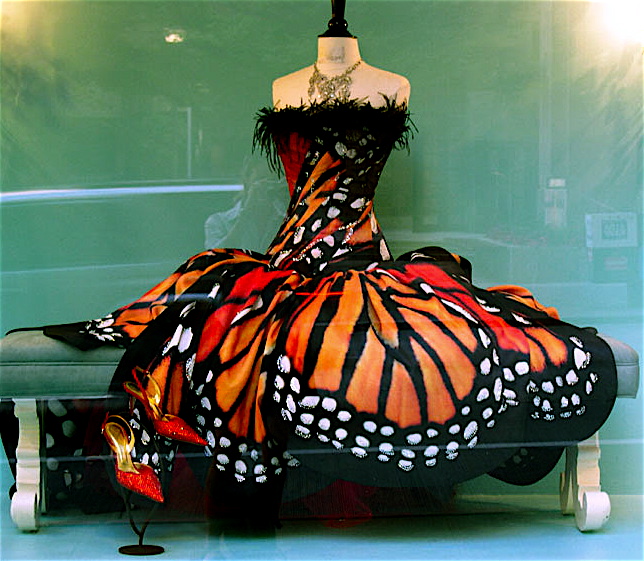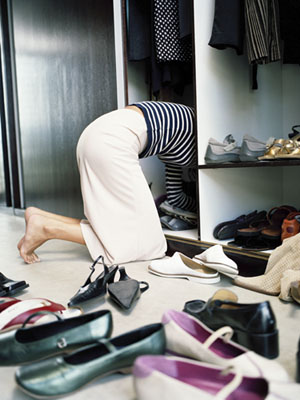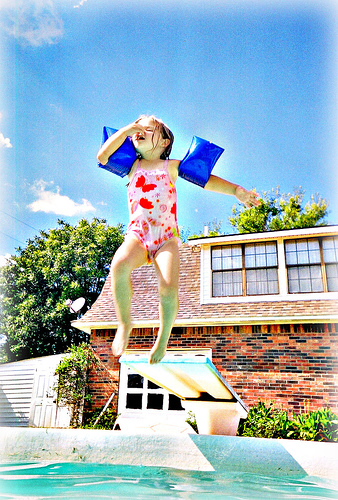
I wanted Molly Ringwald’s pout and strawberry hair in eight grade. But I wanted even more the epiphany moments she lived out as John Hughes’ characters. Whether a wallflower or a princess, by the end of every movie we got to see who Samantha, Claire and Andie were, not who everyone else thought they should be.
Around the time I was in high school, watching Some Kinda Wonderful on VHS while making out with my best guy friend, cancer cells were growing in my neck. They weren’t detectable or diagnosed until I was 27. I’m now 36 and still living with cancer.
Over the past five years, I’ve been researching, writing, and had published my book on Gen X and Gen Y cancer. While hammering out my manuscript, I hung above my desk a quote that Anthony Michael Hall wrote in a letter to Mr. Vernon in the closing scene of the Breakfast Club. “You see us as you want to see us, in the simplest terms, in the most convenient definitions.”
That’s how I feel every time I see cancer patients in a movie, on the news, or plastered on a poster. Victorious cancer jocks, mountain climbers, and movie stars help raise money and awareness. But these survivorship images also create a stereotype of young adult cancer patients. We are seen as vocal, outspoken, sassy, sexy, insightful, spiritual, grateful, and empowered.
As a patient, I wanted to be freed of these limiting descriptors and perceptions. I wanted to lock up myself and a few other cancer patients in a metaphoric library for Saturday detention and get to the bottom of it all. As I wrote in my book, “I wanted to reveal who we are, not in simple definitions but in the complexities of our real daily lives: what we think about while lying in bed at night; what we wish we could tell our lovers but are too afraid to; the ways in which we feel vulnerable, tender, and utterly uncertain what to do with ourselves; the times when cancer is not a fight but just a hard circumstance with which to live.”
I never got to be Molly in eight grade. But I kinda get to be her now in moments that are akin to the cheesiness of Samantha kissing Jake or Clair kissing Judd Nelson. This is how I feel every time I sit down and talk to a cancer patient who is fat, a junkie, suicidal, addicted to exercise, scared to go back to work, hasn’t had sex in five years, or is confused about their faith in God. These images are also not all of who we are, but I consider it a glory moment when the underdog sides of our cancer selves get the spotlight for a few minutes, or a few phone conversations, or a few chapter of a book. Cue the Thompson Twins. Thanks for the inspiration John.
Have you ever felt like there is a stereotype for what a cancer survivor should look or sound like? An expectation of what strength or fighting should look like? Were you ever obsessed with John Hughes movies? Which was your favorite?
For more moments from the metaphoric cancer detention library, check out my book Everything Changes: The Insider’s Guide to Cancer in Your 20s and 30s.



![]()
![]()






 “Everything Changes is, without doubt, the most forthright, emotionally sophisticated, and plain-old valuable book of its kind I've seen.”
“Everything Changes is, without doubt, the most forthright, emotionally sophisticated, and plain-old valuable book of its kind I've seen.”












